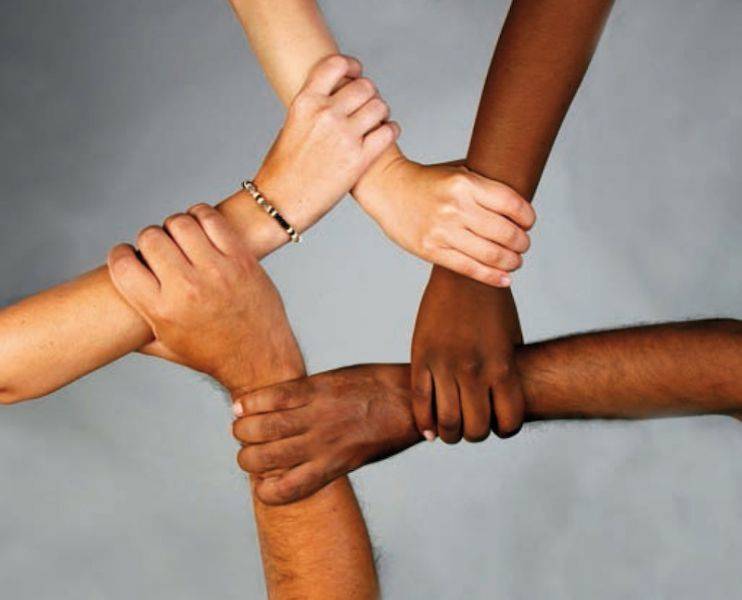A Language of Acceptance
When I think back to some of the incidents of racial epithets and the like that we have witnessed in these past thirty-plus years of a post-civil rights era—similar incidents, I would add, that we continue to see in this current, mis-named post-racial area of Barack Obama’s presidency—I wrestle with some thoughts that I believe I may share with others. Namely, what lesson(s) could there possibly be for us, both within and beyond the Italian/American community.
I often muse as I ponder some of the semantic vitriol: If there is one thing—and I must underscore, one of many—we might learn from these incidents, it is that “names [indeed can] hurt you,” to paraphrase the old children’s retort to name-calling. We might indeed rethink the twenty-first-century deconstructionists and rework Descartes’s “Cogito ergo sum” into “Loquor ergo sum”; or, to be more precise with regard to the theme of verbal violence, because violence it is, “I speak, therefore, I can hurt.”
A language for the post-racial era
More significant to the matter at hand, if there is anything positive that can come out of such debacles, it is the possibility of rekindling such a discussion on race and ethnicity in this supposedly post-racial era both within and beyond the Italian/American community. Yes, we have had ample opportunities in the past two decades to rekindle such a conversation—unfortunately, with very little success, if any at all—but we should not lose hope.
We did, I believe, as the collective imaginary of the United States, lose something somewhere between the 1980s and 1990s, when, so it seems, certain concepts fell by the wayside.
Tolerance vs. Acceptance
One sad result in all of this, I would submit, is the loss of the word “acceptance” and its coincidental concept of inclusiveness. If memory serves me well, “acceptance” was indeed the operative word in the 1960s and 1970s, during the progressive period of socio-political advancements in a collective consciousness with regard to race and gender. Yet, today, it seems to have been replaced by the ever so implicitly exclusionary term “tolerance.”
I am very much aware of the concept held by many that in order for someone/something to be accepted, s/he / it must first be tolerated. I have heard this argument from a good number of friends and acquaintances. But I am hard-pressed to accept such a hierarchical procedure.
The simple semiotic process of “tolerance” conjures up something distasteful, if not outright negative, and the person tolerating will, in fact, have to put up with, bear, support, or stomach. “Acceptance,” on the other hand, underscores an individual’s assent of a state of condition or situation—in this case, someone’s difference (e.g., race, gender, ethnicity, sexuality)—which said individual does not attempt to disapprove or modify as such.
Bringing ‘acceptance’ back in
I would like to think that we are indeed capable of “accepting” at first blush, that we can immediately see the advantages that such difference—to be sure, sometimes outright challenges—can offer. And so, let us begin with language.
This most significant difference in terminology, as simple as it may seem at first glance, could make a wonderfully productive starting point for a reworking of an Italian/American collective imaginary on race and ethnicity, so that, while we are always wanting to move ahead, this might be one moment where we decide to go backwards (if ever so briefly), in order to move forward eventually in a much more constructive manner.
This can, for sure, be a beginning for a discussion between all the main “players”—media, political, and intellectual/academic figures alike—in order for Italian Americans to tackle head-on the discourse of race and ethnicity that, over the past twenty-five-plus years, seems to have been conveniently muzzled by the power of language, be it verbal or visual.





































i-Italy
Facebook
Google+
This work may not be reproduced, in whole or in part, without prior written permission.
Questo lavoro non può essere riprodotto, in tutto o in parte, senza permesso scritto.